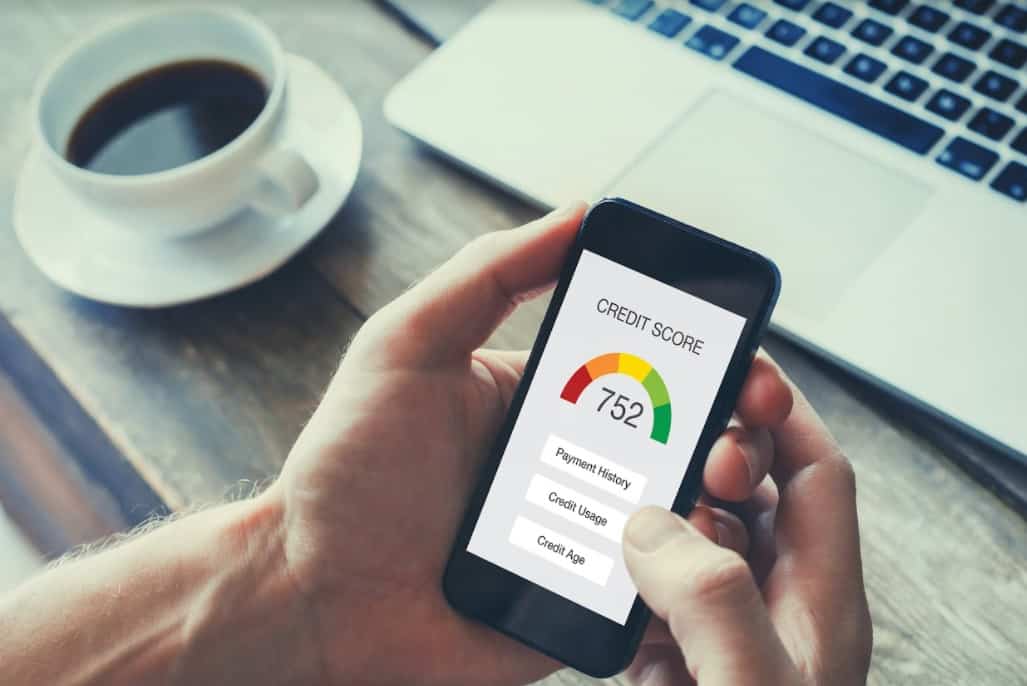Your credit history tells you how you’ve managed debts in the past. And it’s often reflected in your credit score, which summarizes the details in your credit report. Thus, having a good credit score may have a big impact on your future finances.
It’s possible for creditors to use your credit score to assess your creditworthiness, which is important for determining the terms of your loans, such as mortgages. Landlords can also use your credit score as a basis when you’re applying for an apartment.
Basically, many factors can affect your credit score. Credit utilization, bill payment history, recent credit inquiries, and the age of credit accounts may all play a role. The types and number of balances you have may also affect your credit score.
To get your credit in shape faster, you can consider using Authorized User Tradelines as your credit profile’s enhancer. The following tips may also help you maintain a good credit score:
- Pay Your Bills On Time
In general, your payment history accounts for 35% of your credit score calculation. With this in mind, it’s wise to pay your bills in full and on time. However, even if you can only pay the minimum balance, you must always meet your due date.
Whether it’s your instant approval online loans or credit card bills, pay all kinds of financial commitments on time. Even overdue library books and parking tickets may show up on your credit report. If you can’t remember your due dates, try setting up autopay so that it’ll automatically transfer your account’s funds on a set date.
If you’re struggling to pay your credit card bills due to the pandemic, know that many card issuers offer financial assistance programs that may allow you to defer your monthly payments, increase your credit line, and waive late fees.
- Maintain Your Credit History From Your Older Credit Cards
The longer you show your good credit habits, the better it might be for you to maintain a good credit score. Due to this, it’s never a wise idea to close a credit card account, as it may boost your credit utilization rate since it reduces the amount of available credit you have.
Also, depending on your account’s age, it may impact the length of your credit history. Both these factors can reduce your credit score. Take note that card issuers may choose to close credit card accounts for some reasons, including low usage.
- Never Rely On Minimum Payments
Making a minimum payment might seem like a great compromise if you have expensive credit card bills that you might not be able to pay. Although minimum payments are an excellent option to have because they can help you avoid late fees and make low monthly payments, they can affect your credit score. It’s because credit utilization plays a part in how credit scores are calculated.
- Watch Your Credit Report
If you don’t know how accurate your credit report’s information is, you may not be able to maintain a good credit score. Even when you do everything right to keep your score healthy, undiscovered errors can affect your score.
Find things like payments reported late, incorrect balances, or accounts that don’t belong to you. You should also take precautions to safeguard your information, as credit card fraud and identity theft may still happen. Reporting and catching fraudulent credit discrepancies and activities will help you prevent further damage and repair your credit score.
- Never Use Too Much Credit
Credit utilization can be higher with credit cards owing to their purchasing power. Remember that a high credit utilization rate can substantially increase the debt amount and create a possible default situation on your borrower’s end. This may result in a decrease in your credit score.
Using most or all of your credit can affect your credit score. If you’re close to or at your credit limits and only make minimum payments, you’ll not only lower your credit utilization ratio but also your credit score.
So, it’s wise to keep your credit utilization ratio at 30%, which is the limit offered. Maintaining this ratio will help you get a good credit score in the long run.
- Limit New Credit Applications
Your credit score may take a small hit each time you apply for new loans, credit cards, or other types of financing. Even if credit inquiries are just a small percentage of your overall score, you’ll lose more points for every inquiry once you have a high score. In addition, inquiries that result in newly opened accounts can lower your credit age, which can reduce your score.
Conclusion
Maintaining and growing a good credit score is critical because of its financial benefits. It helps you receive better interest rates and great credit card rewards. It can also reduce insurance rates and enable you to enjoy savings on utility or phone security deposits.
Moreover, a good credit score may even bring that dream car or dream home closer to reality and set you up for greater financial success.

